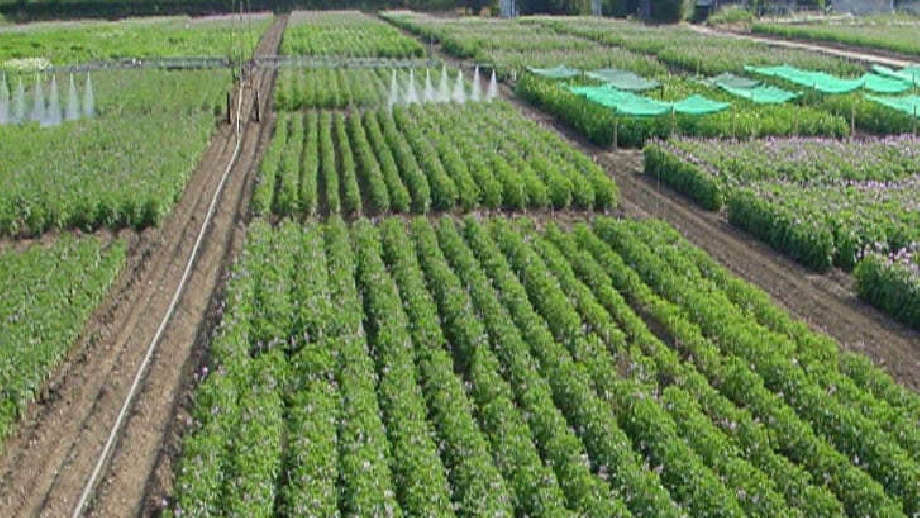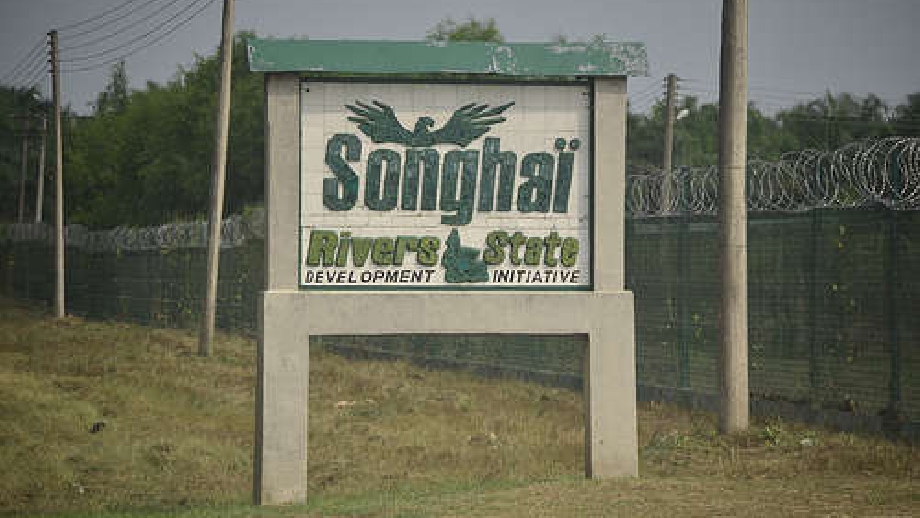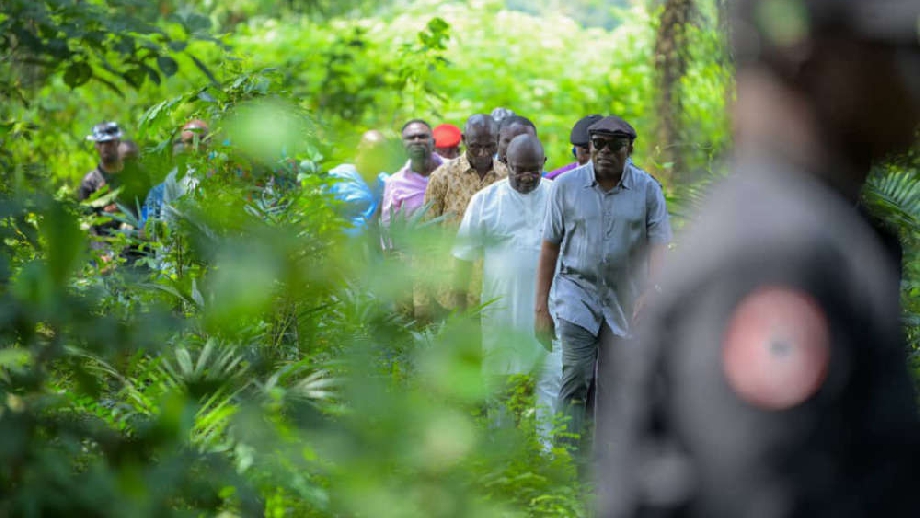
The Rivers Songhai Farm, situated in the heart of Bunu Tai within the Tai Local Government Area, spans a vast expanse of 314 hectares. Established in 1985, this sprawling farmland was initially meant for the school-to-land farm project, a visionary initiative undertaken by the state government. However, with the subsequent suspension of this project, the land was repurposed to create the renowned Rivers Songhai farm.
The farm, remarkable in its magnitude at 20 times the size of its prototype in Porto Novo, Republic of Benin, was conceptualized to serve as an agricultural hub par excellence. Its multifaceted mission includes livestock production, crop cultivation, fisheries, forestry, engineering services, agro-industrialization, and the training of aspiring farmers. Administered under the auspices of the Rivers State Sustainable Development Agency, the Songhai farm achieved considerable success, cultivating dreams and fostering growth until the year 2015.

However, a pivotal juncture arose when the new government sought a comprehensive review of the agreement setting up the project, this initially slowed down the payment of salaries of workers and eventually ended their remuneration. This transition marked the beginning of a rather challenging chapter in the farm's narrative. From 2015 until the present day, the Songhai farm project has, regrettably, dwindled into a mere semblance of its former self.
Recently, a glimmer of hope emerged as Rivers State Governor Siminalayi Fubara undertook a crucial visit to the farm. During the visit, Governor Fubara expressed his unwavering commitment to rejuvenate the farm, thereby rekindling its potential to diversify the state's economy. Governor Fubara stated that his expedition to the farm was motivated by the National Economic Council's directive to state governments to move towards agricultural diversification as a strategic economic imperative.

The Governor's visit elicited reactions from various quarters, including industry stakeholders, local host communities, and concerned citizens. They unanimously implored the Governor to translate his promises into tangible actions. After the governor’s visit, Nigeria Info visited the farm to engage its manager but met resistance from the armed security men who refused him access and opportunity to take photographs of the now bushy vast farmlands and its administrative building. The manager also said he could not grant any interview unless our visit were approved. Beyond the fact that weeds had completely taken over the farmland, a substantial portion of office equipment had also been carted away.
However, former employees of the Songhai farm, who also hailed from the host community of Bunu, reminisced fondly about the heydays when the community thrived on robust commercial activities. Mr. Sunday and Kiira said the presence of workers from diverse regions who rented apartments in the community fostered economic vibrancy. These middle-aged men said the skills and experiences they learned while working at the Songhai farm now served as their economic backbone. They also appealed to the Governor to remain steadfast in his commitment to resurrect the farm.
Also, the member representing Tai State Constituency in the Rivers State House of Assembly, Honourable Bernard Ngba, revealed that over 100 residents were gainfully employed when the Songhai Farm was at the height of its productivity. Honourable Ngba said the current dilapidation of the farm has plunged the community into a state of despondency. The state lawmaker said his presence at the community was to participate in prayer sessions, organized by the women to invoke divine blessings and ensure the Governor's promise materializes.
As the state government contemplates its next steps toward realizing this commitment, the recent appointment of a commissioner for the Ministry of Agriculture points to the fact that Governor Fubara may be ready to match his words with action. The revival of the Rivers Songhai farm is a collaborative objective that beckons all stakeholders, inviting their collective wisdom and concerted efforts. This objective holds the potential to diversify the state's economy, guarantee food security, engender employment opportunities, and significantly reduce youth restiveness within the state.
Notably, the 105 young Rivers indigenes who underwent rigorous 18-month training in specialized agricultural and agro-based disciplines at the Songhai International Centre in Benin Republic represent a valuable asset. Their potential must not be wasted amidst the ebbs and flows of political transitions. As the nation watches anxiously, the Rivers Songhai Farm's rejuvenation presents a beacon of hope and a promising trajectory toward achieving vital agricultural objectives. This ambitious project carries the promise of reshaping the economic landscape and enhancing the quality of life for countless citizens in Rivers State and beyond.


